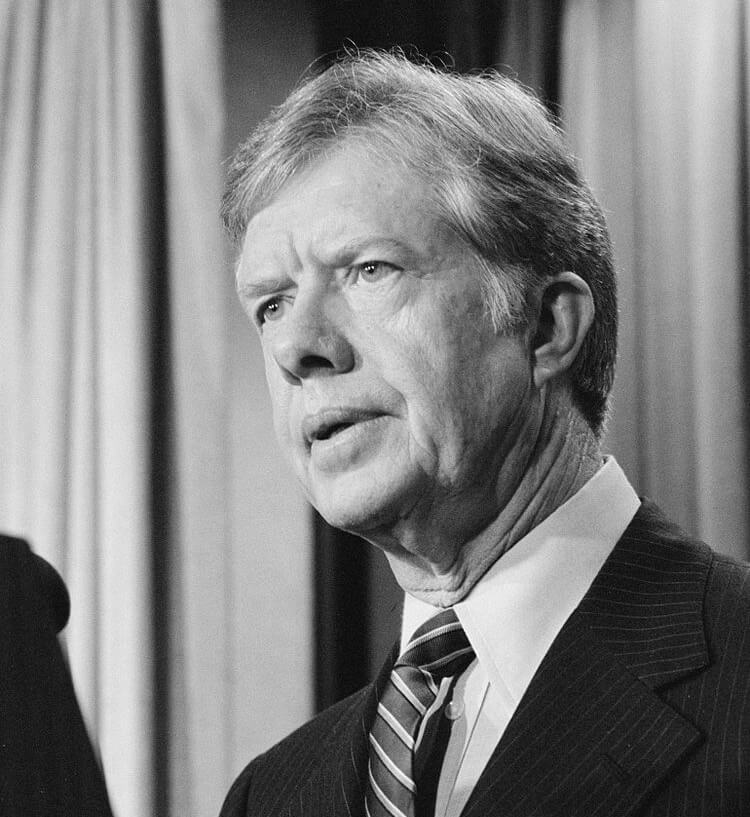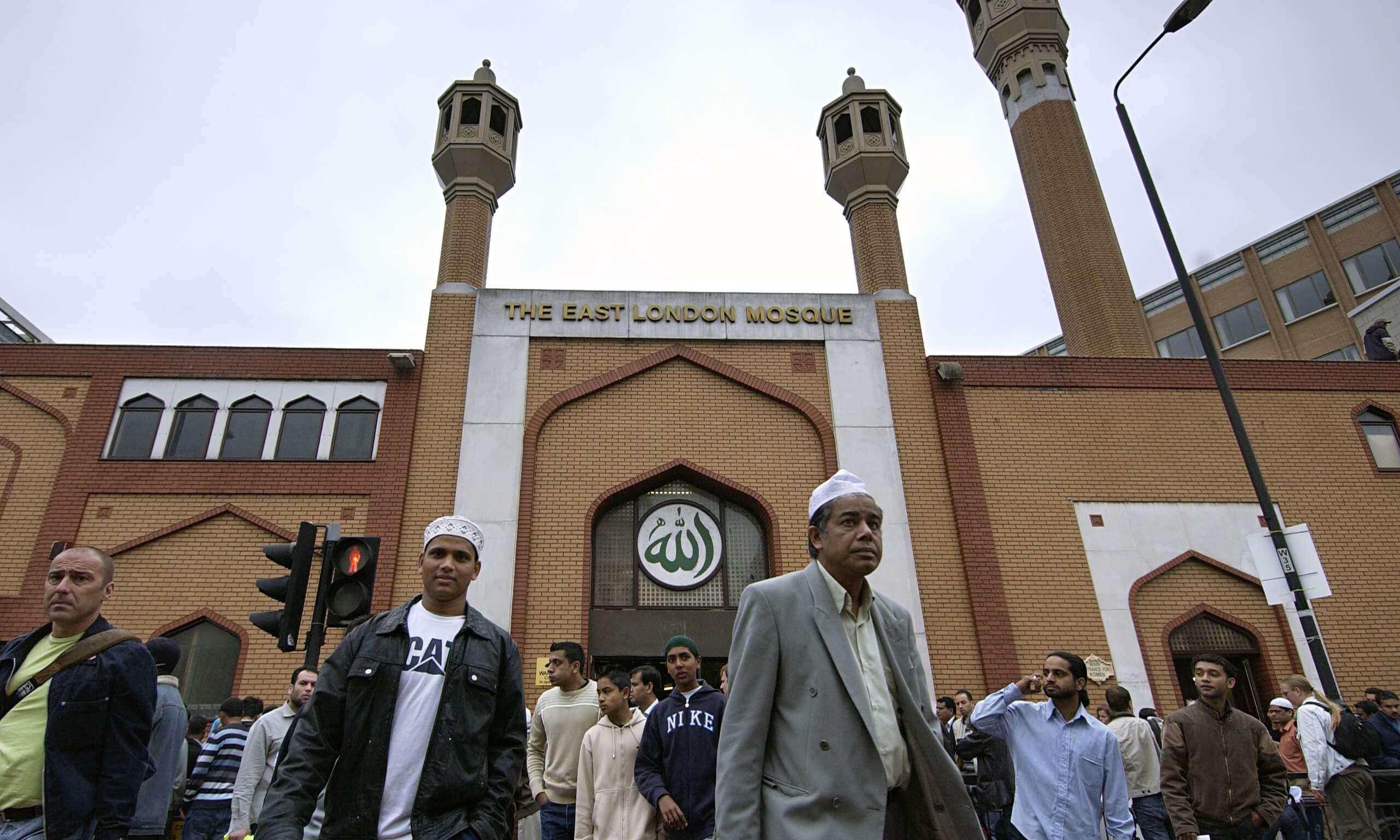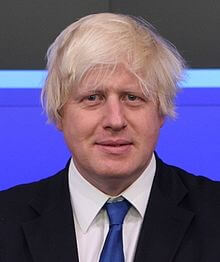Amid the war in Ukraine, an epic tale of another war in that country has been unfolding.
It is a tale of “tails,” which is what Ukrainians call their pet dogs and cats: a tale of a great-hearted man and woman who have been battling against the spread of rabies in Ukraine from the exploding stray dog and cat populations and to Europe, where the disease has been largely eradicated.
The great hearts are Dan Fine, a retired tech entrepreneur and founder of the Ukraine War Animals Relief Fund, who resides in Vancouver, British Columbia, and Krystyna Drahomaretska, 27, an architect-turned-manager of the Under the Sun animal sanctuary in Odesa.
Appearing on the PBS program “White House Chronicle,” Fine explained, “Ukrainians are a pet-loving people — some people had nine dogs. But when the Russians invaded Ukraine, over 8 million people were forced to flee their homes and abandon their pets. This resulted in over 1 million stray dogs and cats, and 65 percent of them weren’t sterilized.”
Foraging for food, the surging stray dog and cat populations are contracting rabies from foxes, wolves and other wild animals, whose populations are also surging, due to a wartime ban on hunting. “It’s a perfect storm,” Fine said.
Rabid stray dogs and cats are biting people. Rabies has the highest mortality rate — almost 100 percent — of any disease on earth. “Bites from rabid animals affect children the most — 55 percent,” Fine noted.
In the spring of 2022, he went on his first mission to sterilize, vaccinate and microchip the stray dogs and cats of Ukraine. After treatment, many are returned to the streets because the animal shelters are overflowing — and were even before the Russian invasion. The Ukrainians, who are a religious people, don’t believe in euthanasia, he noted.
Fine teamed with Drahomaretska, who, along with other volunteers, caught the strays and transported them to clinics set up through his nonprofit Ukraine animal relief group.
Drahomaretska is nonchalant about the dangers of catching stray tails, even on the front lines. “I am the only female catcher on the front lines,” she said in the TV episode.
To catch stray dogs, she explained, she shoots them with a tranquilizer gun, and they run away. She follows them to wherever they drop, picks them up and carries them to her van.
While pursuing a tranquilized dog, she was injured by a landmine, and she is still on crutches. On another catch, she was bitten twice by a dog she was transporting to a clinic. And she had to go through post-exposure prophylaxis after some slime from a rabid dog got into her eye.
Over five missions, they sterilized, vaccinated and microchipped 8,200 dogs and cats. “That seems like a lot,” Fine said, “But you won’t stop this problem unless you do 500,000 over the next four to five years.”
To drive this mission forward, Fine said they need the investment of another organization. “There are about 200 unemployed vets in Ukraine. They could be paid and mobilized, but we can’t do that alone,” he said.
Fine hopes that “War Tails,” a documentary he and Tana Axelle, also a Vancouver resident, produced about the challenge of stopping the spread of rabies in Ukraine and into Europe, will draw the attention and support of the European Union. They have entered the documentary at the Seattle Film Festival, and they plan to enter it at more film festivals and to get it aired on television.
As Fine sees it, “Ukraine wants to enter the EU, and the EU wants them to enter. And the EU has animal and human health standards. So stopping the spread of rabies into Europe is in their interest.”
Somberly, he added that when the war ends and the rebuilding begins, “they will have to do a culling of millions of rabid dogs and cats. And all that goodwill will go away.”








